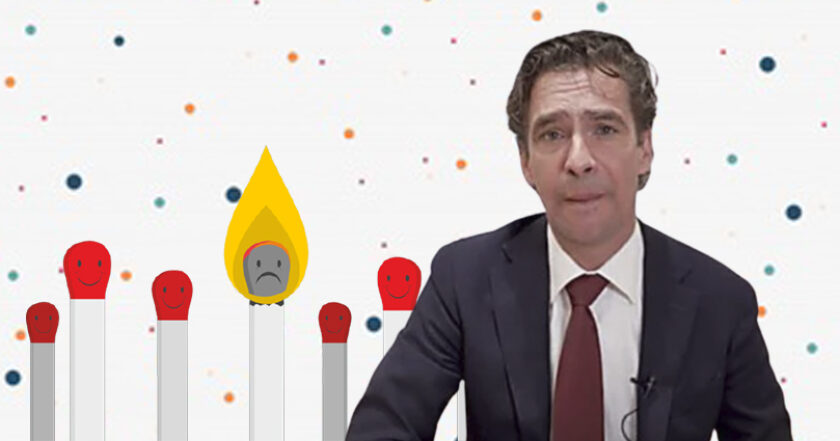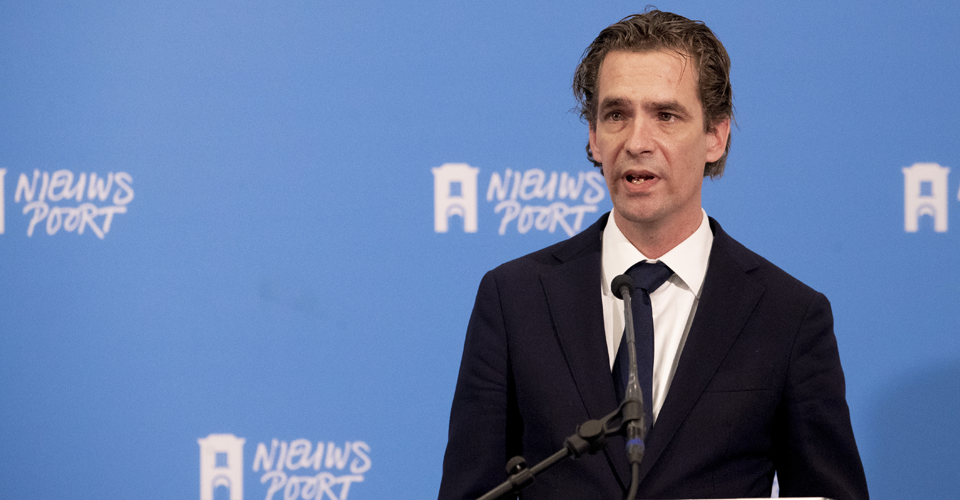Even a minister can burn out. How to see you're close to emotional edge
In May, the Dutch Minister of Economy and Climate resigned because of emotional burnout. We explain what is the difference between fatigue, depression, and burnout, how this condition is treated abroad, what are the prospects in Ukraine, and what to do to save yourself.

The modern person feels trapped: everyone around expects "success" and one hundred percent constant return, and, no matter where, at the factory assembly line, in a cool company's office, in public office, or at home with children. To live up to these expectations, you have to "plow" every day, forever putting an end to any concessions for yourself, displays of weakness, extracurricular activities, and possible failures. However, according to psychologists, a person can not work without a break; otherwise, we just get stale. To drive a car, it needs fuel, and our body regularly requires portions of energy. And if the car is refueled enough to move it immediately, then the lack of internal resources for a person can turn into a very unpleasant disorder, which one will have to fix for many months or even years.
In May 2021, the press service of the Government of the Netherlands announced that the Minister of Economy and Climate of the Netherlands Bas van Vaut could not perform his duties for at least three months due to emotional burnout.
According to this strictly politically correct report, psychotherapist Liudmila Meteleshko Rubryka approached says that for each specialist, there's a very clear picture that Mr. Minister suffers from one of the most common disorders along with depression and fears, which is unlikely to be limited to a three-month vacation. It's likely a treatment awaits him, which can last for a long time.
This publication is available in Ukrainian and Russian. The English translation hasn’t been produced yet. Support us to make the translation faster - follow the link for instructions



















































